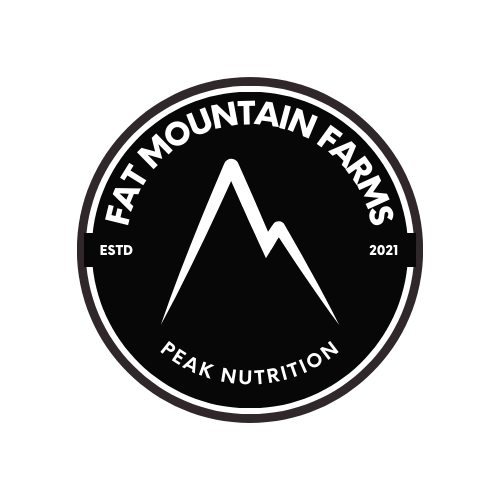We all saw something like this coming. While we couldn't predict the exact nature of the next pandemic, it’s becoming clear that it may not be a direct threat to human health. Instead, it poses a significant risk to our food supply chain.
Avian influenza, or bird flu, is not a new virus. It has existed for centuries, with the first known case dating back to 1878 in Northern Italy. Edwardo Perroncito, a renowned parasitologist, described a "contagious disease of poultry associated with high mortality" (Lupiani et al., 2008).
Over the years, virologists and pathologists have documented numerous cases of avian influenza, but it rarely made headlines or caused public alarm. So why are global leaders in virology, science, and government now considering drastic measures such as shutting down poultry farms to control its spread?
The answer: Control.
Henry Kissinger famously said, "He who controls the food supply controls the people." The new spread of avian influenza presents an opportunity for increased government control. By deeming meat consumption too risky, they could halt all meat sales, effectively dictating our dietary choices.
A current example is in Australia, where the grocery chain Coles has limited customers to two dozen eggs per purchase (Brown, 2024) due to avian influenza-related shortages.
While some may view these actions as government efforts to protect public health, there's a concerning pattern I call the 'Triangle of Death':
- Government regulations benefit large food corporations.
- These corporations produce food that can harm our health.
- Big Pharma then sells the "cures" for these health issues.
This cycle only benefits those in power.
For small farmers like us, potential U.S. government restrictions on poultry farming could be catastrophic. As a regenerative farm, we depend on the natural environment to raise healthy, free-roaming birds that enhance soil health and biodiversity. A blanket ban would undermine these sustainable practices and threaten our livelihoods.
Small poultry farmers are particularly vulnerable to the impacts of avian influenza and potential government restrictions due to:
Limited Resources: Small farmers lack the financial and infrastructural resources of large-scale operations to weather major restrictions.
Community Impact: Our farms are vital to local communities, providing fresh, nutritious food, supporting local economies, and promoting sustainable practices. A poultry farming ban would disrupt these benefits.
Biodiversity and Sustainability: Regenerative farming relies on diverse, healthy ecosystems. Removing poultry would not only affect our income but also compromise the ecological balance we've worked hard to establish.
Why Your Support Matters Now More Than Ever
In these uncertain times, your support is crucial for the survival of small poultry farms. Here’s how you can help:
Buy Local: Purchasing pasture-raised chicken and eggs from small, local farms ensures your food is sourced from ethical, sustainable operations. Your choice directly supports farmers who prioritize animal welfare and environmental stewardship.
Stay Informed: Keep updated on the avian influenza situation and government responses. Advocate for fair policies that address the unique challenges faced by small farmers.
Spread the Word: Share the importance of supporting small, regenerative farms with friends and family. The more people understand the value of sustainable farming, the stronger our collective voice will be.
Engage with Policymakers: Voice your concerns to local and national representatives. Encourage them to implement measures that protect public health without disproportionately harming small-scale farmers.
The current avian influenza situation presents significant challenges for small poultry farmers. Potential government restrictions could threaten the very existence of regenerative farms that prioritize ethical and sustainable practices. Now more than ever, your support is essential. By choosing to buy local, staying informed, and advocating for fair policies, you can help ensure the survival of small poultry farms and the continued availability of high-quality, pasture-raised chicken and eggs.
Together, we can navigate these challenging times and build a resilient, sustainable food system for the future. Thank you for your unwavering support and commitment to regenerative farming.
References:
https://pubmed.ncbi.nlm.nih.gov/18533261/#:~:text=Abstract,poultry%20associated%20with%20high%20mortality.
https://www.abc.net.au/news/2024-06-10/coles-egg-limit-bird-flu-victoria-spread/103957932

